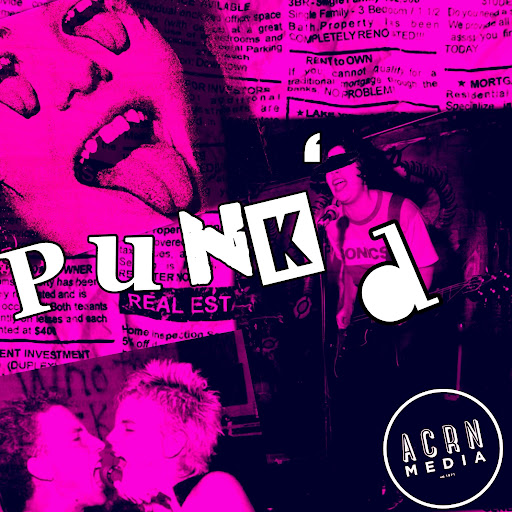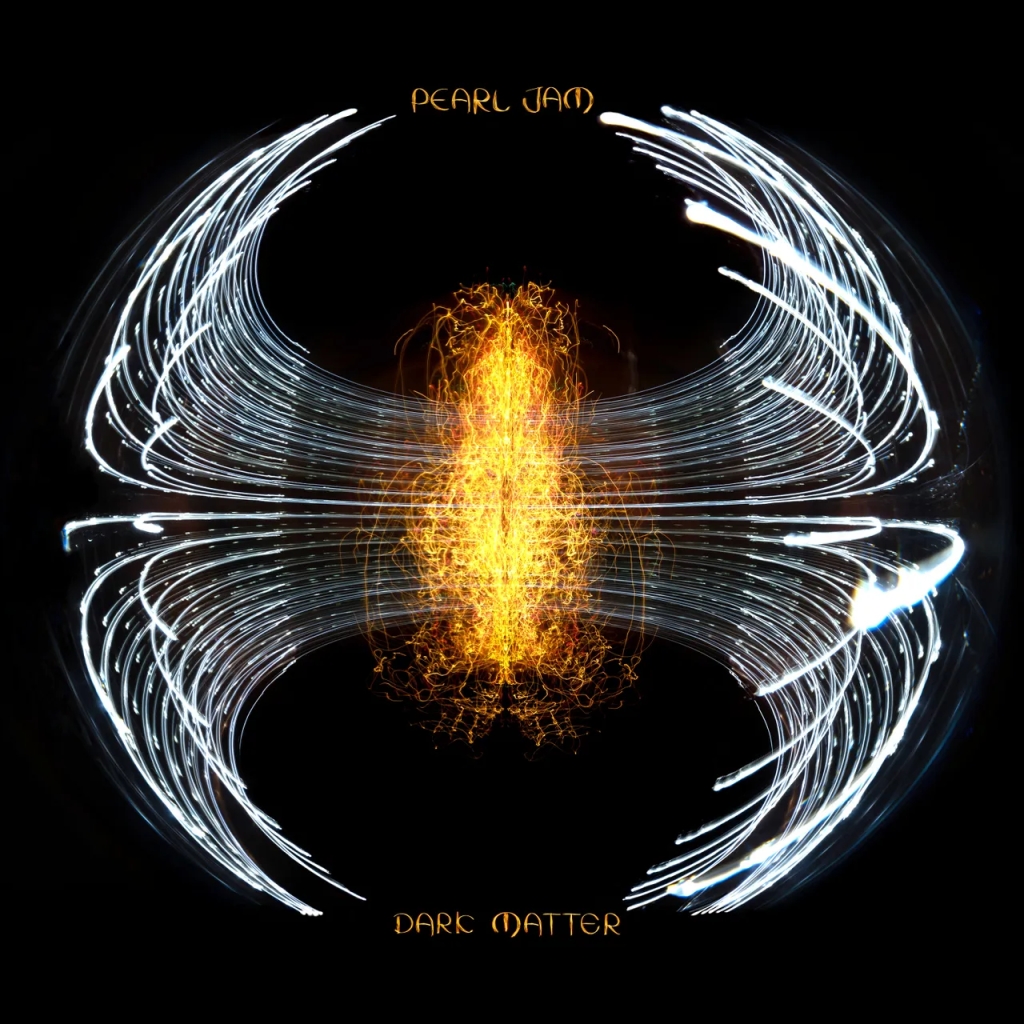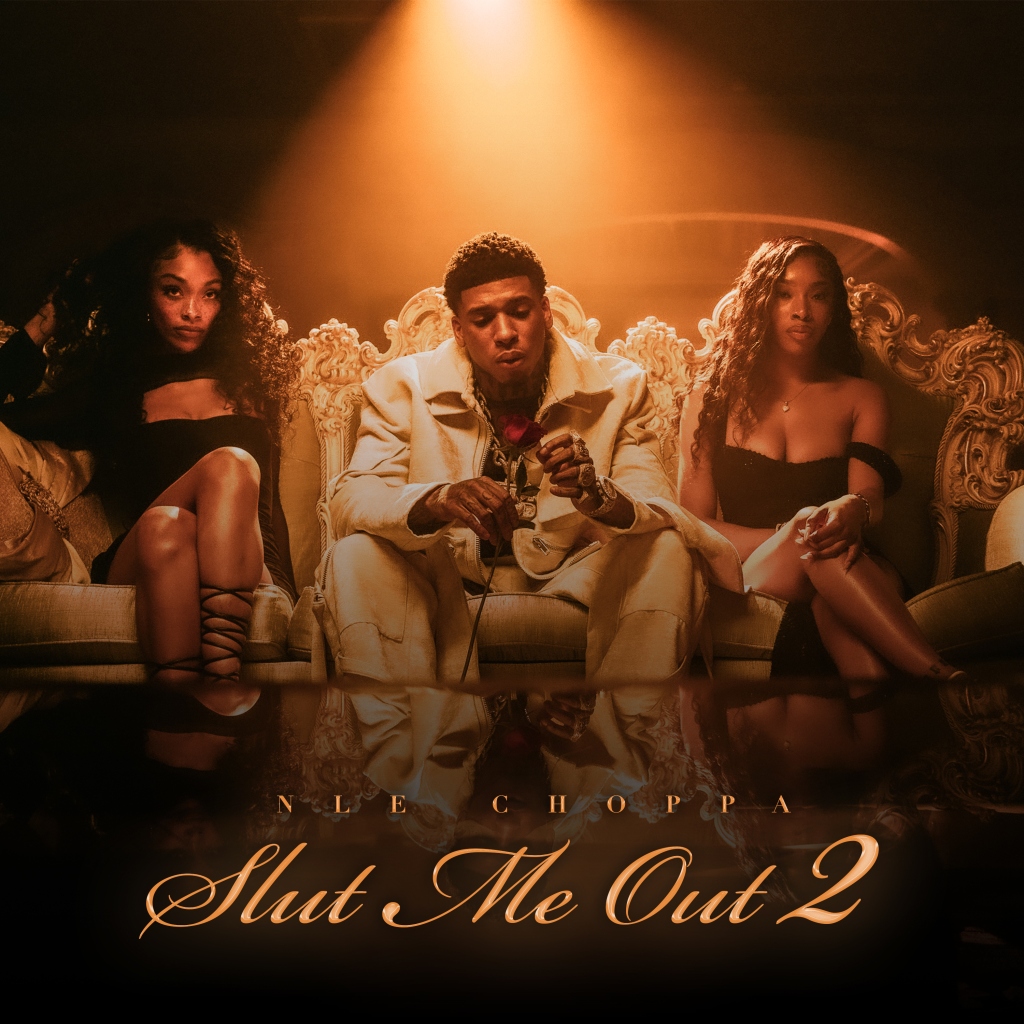By Venus Rittenberg, Editorial Director
[Sire; 1985]
Key Tracks: Swingin Party, Bastards of Young, Left of the Dial
The punk version of Big Star recently released a previously unreleased mix of their seminal 1985 classic, Tim, so now seemed like a good time to revisit my old column on punk music.
The Replacements are hard to define. Across their four amazing albums (including Tim), they try out many styles. Distilling them to one genre doesn’t work, but I could probably get it down to three: punk rock, jangle pop, and power pop. They literally sound like the result of blending Buzzcocks with Big Star, however, no offense to both of these classics, The Replacements are much better and more interesting. This can be seen very elementarily in the album preceding Tim, Let It Be. Let It Be ranges from hardcore to piano rock, but it does all of it very well. Some major highlights for me would be “Androgynous” and “Unsatisfied”. “Androgynous” was DECADES ahead of its time in terms of lyrics (it details a relationship between two gender-nonconforming people), the music is simplistic, almost harkening back to glam rock. Let It Be is perhaps one of the ultimate teenage albums, like an 80s Teens of Denial. The penultimate song is a prime example; “Sixteen Blue” functions as an anthem to the pain, isolation, and dragging of time that comes with adolescence.
Tim, however, is a little more mature. Tim is an album for early adulthood. It is melancholic and capricious still, but it has grown up. You are no longer 17, wallowing in your room. Now you’re 23, sipping a drink against the wall at a party and you feel positively glum. There’s plenty that isn’t melancholic, however. There are light, even joyful moments expressing the uncomplex delights of your early twenties, such as kissing your partner on public transit or talking about a movie with a friend.
The album blazes on with “Hold My Life”, a song that perfectly sets the tone of the album. From the opening moments of “Oh mm, well, well, well / I bought it” it is clear that frontman Paul Westerberg has been faced with the realizations of young adulthood. The refrain of the song expands on this sentiment: “Time for decisions to be made / crack up in the sun / lose it in the shade”. Immediately, there is a clear dawning on Westerberg. He has grown up. He is an adult. The time has come to make it or break it. He’s “crack[ing] up” and “los[ing] it”. Who could blame him? The following track, “I’ll Buy”, is not a super important track, but it certainly caught me off guard the first time I heard it. The reason this song sticks out to me is because of the first half of the second verse, “Talkin’ about some pictures / Now, wouldn’t that be a scream? / Well, movies are for r****** / Like me and Maybelline”. It’s so peaceful, just describing talking about movies with friends, when suddenly you hear a word we don’t say anymore. It really throws you on first listen.
“Kiss Me on the Bus” is the first of two beautiful love songs on this album, and it is key that this one comes first, as this one is acknowledging a love that is current. It is a simple song dedicated to love in young adulthood. It’s… cute! Westerberg asks his lover to kiss him on the bus as they go to their homes. Riding the bus with his partner, sitting really close, holding hands, bantering. It’s an adorable scene. It reminds me of a scene at the end of the first Scott Pilgrim graphic novel. The song is saccharin and tender. A beautiful 80s alternative love song.
The one-two punch of “Swingin Party” back to back with “Bastards of Young” forms the centerpiece of the album, and presents the two biggest hits. “Swingin Party” has become one of The Replacements’ most popular songs in the digital age, partly due to a popular cover by Lorde. The Lorde version is woozy and druggy, but the original is more jangly, like R.E.M. and other contemporaries of the band. Lyrically, the song depicts partying as a method of distraction from personal issues.
“Bastards of Young” is lyrically more gut-wrenching, but the music is less gloomy than the preceding track. The song is a standard rock track, but what makes it stand out is its lyrics about feeling complete and utter displacement. The chorus, frequently misheard as “We are the sons of no one” is actually “Wait on the sons of no one”. Referring to himself and his generation as “the sons of no one” shows how lost Westerberg feels he and his peers are. The song is the ultimate early-adulthood angst, the opening lyrics being, “God, what a mess, on the ladder of success / Where you take one step and miss the whole first rung”. This description of failing to make it in the world is relatable for many young people. The song feels like a gut punch, but also a homecoming. In spite of how sad it is, it also sounds cheerful and anthemic.
“Bastards of Young” also contains some devastating lines about love and who we prioritize in life: “The ones who love us best are the ones we’ll lay to rest / And visit their graves on holidays at best / The ones who love us least are the ones we’ll die to please”. This line strikes me to my core. Time and time again we are faced with the choice of which friendships/relationships to prioritize, and we pick to people please instead of making healthier decisions. There is a desperation to this song, but it comes with a special force in this verse. Westerberg is begging people to stop chasing those who would not chase us, but it is a human error that many must make time after time before learning from.
“Left of the Dial” is my personal favorite and the second love song of the album. It is an incredibly powerful and tragic love song to both a person and to college radio, both of which are themes dear to my heart. The melodies have a nostalgic feel to them that echoes the sadness of the lyrics. Even just reading the lyrics to this song brings a tear to my eye. The song is about the frontwoman of a band whom Westerberg dated at one point. The verses depict details about Westerberg and this woman, and their various successes and failures in the music industry. There is a comparison between the two that shows how they understood each other. The third verse starts: “Pretty girl keep growing up / Playing makeup, wearing guitar / Growing old in a bar / You grow old in a bar”, showing the dismal life of a musician. This concept of growing up in a bar is mirrored in the closer, “Here Comes a Regular”, which sees Westerberg talking about wasting life away in a bar (another similarity between the two characters of this song). Westerberg is wondering if this is all there is to life.
The outro is where the song really kills me, however. The whole song builds up this beautiful imagery of a couple who has parted ways but understands each other, and then the outro shows them parting ways, but still with a profound appreciation for each other and what they meant to each other: “And if I don’t see you in a long, long while / I’ll try to find you left of the dial”. The two may never cross paths again, but their relationship remains meaningful even though it is in the past. The two are able to walk away with mutual respect remaining. “Left of the Dial” refers to the left side of a radio tuner, where stations such as college stations and alternative rock would be, which were the type to play The Replacements. This concept has fallen out of colloquial understanding due to a switch to digital tuners, but the sentiment remains true and beautiful.
The closer to Tim is the aforementioned “Here Comes a Regular”, and it continues the disillusionment with adulthood that Westerberg faces. This is demonstrated pretty immediately in the song, with the first verse containing the lyrics, “The summer’s passed, it’s too late to cut the grass / There ain’t much to rake anyway in the fall”. The summer of life has passed, and now Westerberg doesn’t know what to do. He’s left with a metaphorical yard free of leaves, things are bland and boring as he enters adulthood, and he doesn’t know where to go. Furthermore, as the verse continues we get the line “You’re like a picture on the fridge that’s never stocked with food”. Westerberg sings directly to the listener, conjuring up an image of a self that is a facade. The listener’s picture is hanging, but the necessities of life (represented by food in the fridge) are missing. Life is dissatisfying and meaningless. There is a sheen of enjoyment, but it is fake. The song references the concept of being a regular at a bar, something familiar to The Replacements, who hung out in bars all the time. The song and album come to a close with a callback to the first verse, “Ain’t much to rake anyway in the fall”. It is a dismal note to end the album on.
The album is about the pain, struggle, and monotony of being in your twenties. The songs blip back and forth between bright moments and dreary feelings of being lost. This is the ultimate situation of young adulthood, never a moment to rest between sadness, boredom, and enthusiastic happiness. All the emotions are intense and fleeting, and Tim captures all of them.





Leave a comment